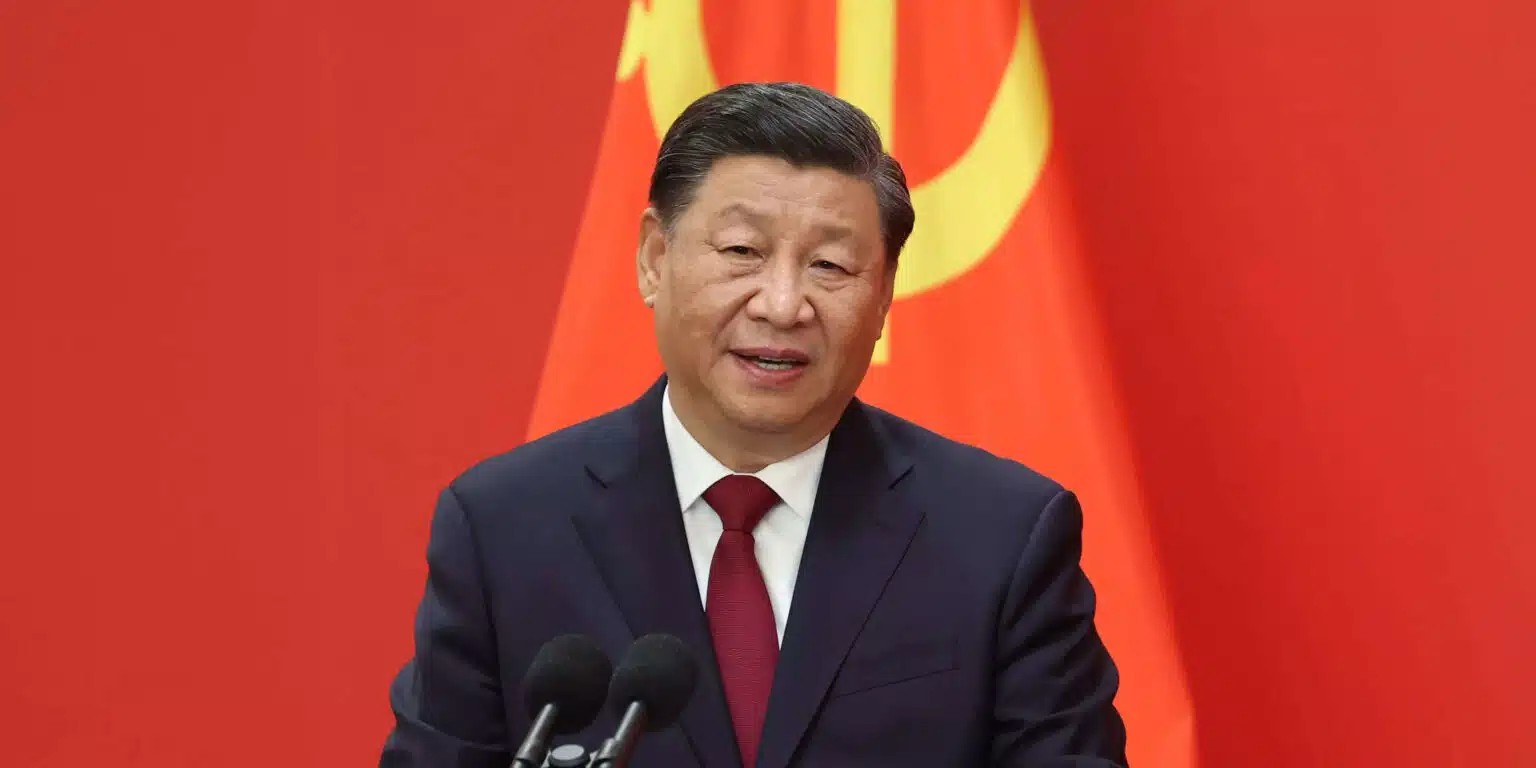The Chinese iron fist
Leader XI Jinping was awarded a third five-year term as president Friday, putting him on track to stay in power for life.The endorsement of Xi’s appointment by the ceremonial National People’s Congress was a foregone conclusion for a leader who has sidelined potential rivals and filled the top ranks of the ruling Communist Party with his supporters since taking power in 2012.

Table of Contents
The vote for Xi was 2,952 to 0 by the NPC, members of which are appointed by the ruling party. He had himself named to a third five-year term as party general secretary in October, breaking with a tradition under which Chinese leaders handed over power once a decade.
A two-term limit on the figurehead presidency was deleted from the Chinese constitution earlier, prompting suggestions he might stay in power for life. A holdover from the previous party Politburo Standing Committee, the apex of political power in China headed by Xi, Zhao, 67, won Xi’s trust as head of the party’s anti-corruption watchdog, the Central Commission for Discipline Inspection, pursuing an anti-graft campaign that has frozen all potential opposition to the leader.
The voting order
No candidate lists were distributed, and Xi and those awarded other posts were believed to have run unopposed. The election process remains almost entirely shrouded in secrecy, apart from the process by which delegates to the congress placed four ballots into boxes placed around the vast auditorium of the Great Hall of the People.Xi was also unanimously named commander of the 2 million-member People’s Liberation Army, a force that explicitly takes its orders from the party rather than voting, the party’s third-ranking official Zhao Leji was named head of the National People’s Congress. The vast majority of the body’s legislative work is headed by its Standing Committee, which meets year-round.
Xi Jinping on Friday secured a precedent-breaking third five-year term as China’s president as he tightens his grip as the country’s most powerful leader since Mao Zedong. Nearly 3,000 members of China’s rubber-stamp parliament, the National People’s Congress (NPC), voted unanimously in the Great Hall of the People for Xi, 69, to be president in an election where there was no other candidate.
Comrades become dignitaries
Former Shanghai party boss and member of the last Politburo Standing Committee Han Zheng was named to the largely ceremonial post of state vice president. Xi, Zhao and Han then took the oath of office with one hand on a copy of the Chinese constitution.

The voting lasted for about an hour and the electronic counting was completed in about 15 minutes. The stage was set for another Xi term when he did away with presidential term limits in 2018. His power was already extended last October when he was reconfirmed for another five years as general secretary of the central committee of the ruling Communist Party. Over the next two days, officials approved by Xi are set to be appointed or elected to fill top positions in the cabinet, including premier-in-waiting Li Qiang, who is expected to be named to China’s No.2 post, putting him in charge of managing the world’s second largest economy.
An easy win for the leader
Xi chatted casually with Li, who was seated to his left, as delegates deposited voting slips into electronic ballot boxes. The election of state leaders by the parliament comes three months after tough COVID-19 policies were dismantled and a new wave of infections caused by the highly transmissible Omicron strain rippled across the country. Except for dozens of top leaders, all other delegates and staff wore masks.
Xi will make a speech on Monday before the annual parliamentary session closes, as China faces multiple challenges including an economy hobbled by three years of COVID curbs and worsening relations with the West. Earlier this week, Xi blamed the United States and the West for the difficulties faced by China’s economy, remarks unusual from him for being directly at Washington. While the presidential role is largely ceremonial, Xi had already been re-elected by the party to chair its central military commission and has started his third five-year term as the Chinese armed forces commander-in-chief.
The parliament also elected Zhao Leji, 66, as the new parliament chair and Han Zheng, 68, as the new vice president. Both men were from Xi’s previous team of party leaders at the Politburo Standing Committee.












